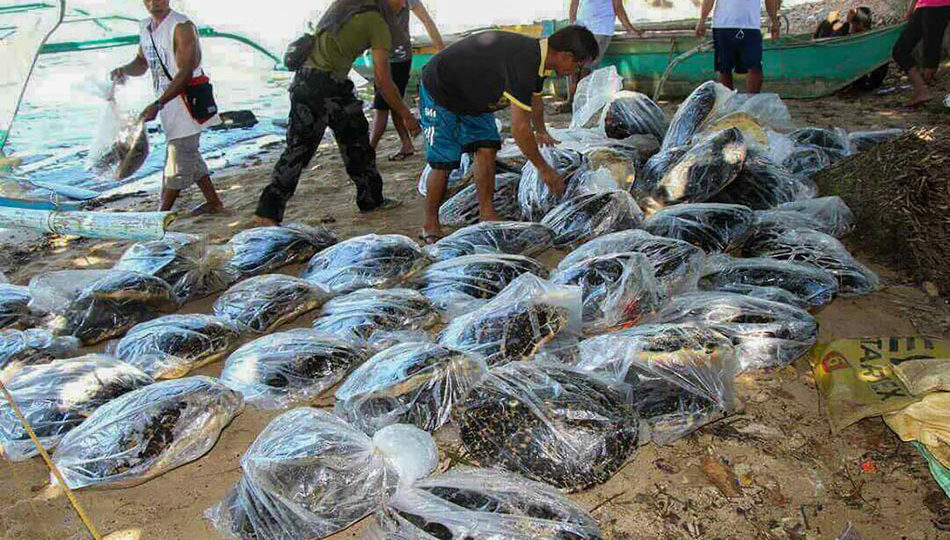Trafficking endangered animals has gone online.
In the Philippines, the country that spends the most time on social media, illegal wildlife traffickers have been using the platform to illegally sell endangered animals, a report animal conversation watchdog TRAFFIC released today.
According to the report, thousands of endangered crocodiles, snakes, and turtles have been traded on Facebook in the Philippines within a span of three months.
Exactly 5,000 reptiles from 115 species were put up for sale on Facebook groups from June to August 2016 alone. TRAFFIC said Facebook had done nothing to stop it.
“Facebook is the platform of choice for illegal traders in the Philippines because of its popularity and insufficient internal monitoring enforcement,” the report said.
“This magnitude of commerce in live wild animals online is just mind-boggling,” said Serene Chng, TRAFFIC’s programme officer for Southeast Asia.
The Facebook groups in the Philippines where reptiles for sale were posted had over 350,000 members when the study began, and grew about 11 percent within a span of three months.
Traders used messenger to conduct transactions, and continued doing business online, despite government raids.
According to the report, over half the species bought and sold were protected internationally and by the Philippines’ wildlife act, which carries jail terms and fines.
The radiated tortoise, black spotted turtle, Bengal monitor lizard, and Dumeril’s boa — all threatened with extinction — were among them, as well as the critically endangered Philippine crocodile and Philippine forest turtle.
In one transaction, a trader also used an unnamed ride-sharing service to deliver wildlife to a buyer.
“This small snapshot reinforces how social media has taken over as the new epicentre of wildlife trade,” Chng said.
A statement from Facebook’s PR firm said the site does not tolerate wildlife trade and is working with TRAFFIC to tackle the problem.
“Facebook does not allow the sale and trade of endangered animals and we will not hesitate to remove any material that violates our community standards when it is reported to us,” it said.
TRAFFIC’s regional spokeswoman Elizabeth John said that Facebook was “seeking additional information in order to take action” and that the watchdog was helping it liaise with Philippine authorities.
Findings from the study were used to launch raids on suspected illegal traders in Manila and other areas last year, TRAFFIC said, with numerous arrests made.
Philippine customs authorities also intercepted packages with illegal wildlife destined for China, Sweden, and the United States.
with reports from AFP





Reader Interactions